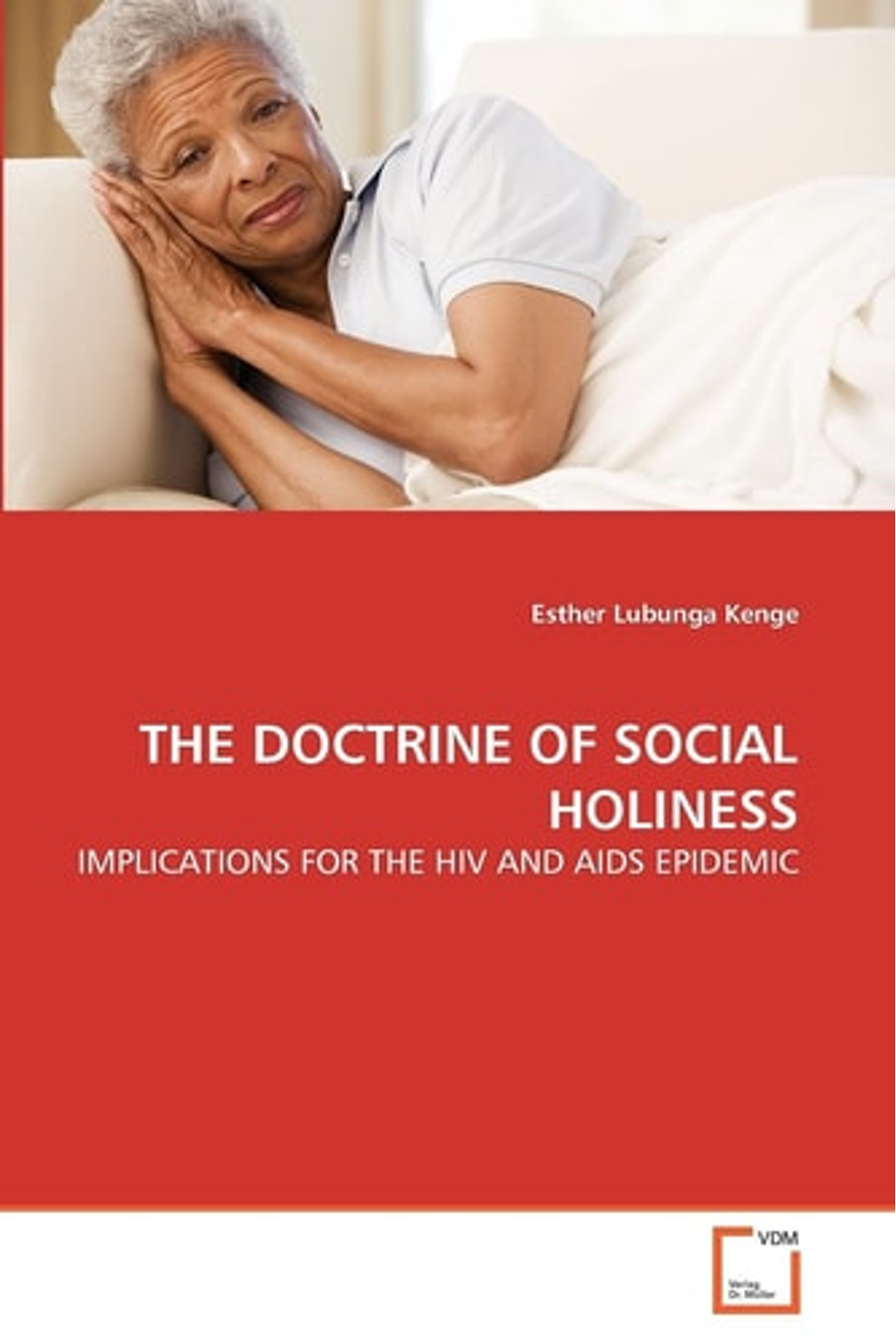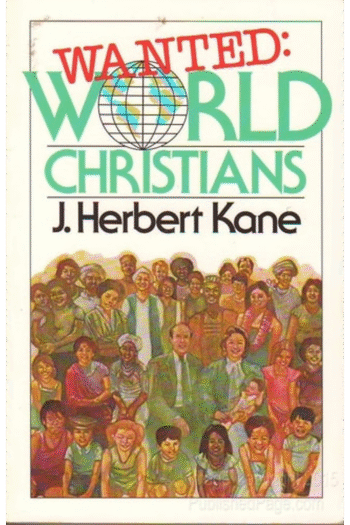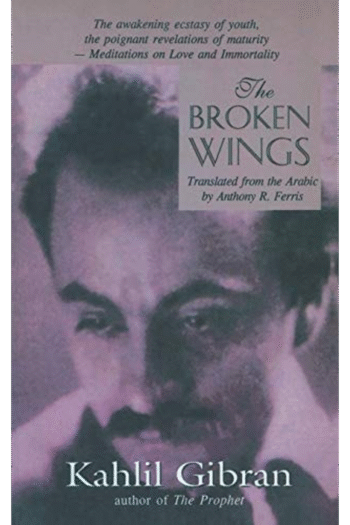**”The Doctrine of Social Holiness: Implications for the HIV and AIDS Epidemic” by Esther Lubunga Kenge – A Call to Compassionate Action** Explore the Church’s vital role in combating the HIV/AIDS crisis in Sub-Saharan Africa through a Wesleyan theological lens. Esther Lubunga Kenge’s book argues for “social holiness” expressing God’s love through tangible acts of mercy towards the marginalized. Discover how the Church, uniquely positioned even in remote areas, can provide critical support to those affected by the epidemic, particularly in regions ravaged by conflict, like the African Great Lakes. This book, published in 2010, offers a powerful framework for faith-based initiatives and anyone seeking to understand the intersection of theology and social justice in addressing global health challenges. Kenge’s work encourages a proactive and compassionate response to those suffering from the consequences of HIV and Aids. This short book is an essential read for theologians, healthcare workers, and anyone invested in social justice.
THE DOCTRINE OF SOCIAL HOLINESS: IMPLICATIONS FOR THE HIV AND AIDS EPIDEMIC
13,45 $
In stock
The devastating consequences of HIV and AIDS epidemic are endangering many lives and shaking weak economies of the Sub-Saharan Africa. Poor people are the most affected and are often left without care. The church of Christ plays an important role of providing a theological understanding upon which the response to the epidemic should be grounded. The presence of the church even in inaccessible areas and poor communities provides an opportunity to serve those who cannot be reached by other organizations. This book suggests that the Wesleyan doctrine of social holiness can be a driving force behind the involvelment of the church in providing care to people living with HIV and AIDS. Social holiness is expressed by extending God’s love and mercy to people who live in misery and poverty. The spread of HIV epidemic as a result of the recent war in the African Great Lake regions has served as case study for this book.
| Authors | |
|---|---|
| Binding | |
| Condition | |
| ISBN-10 | 3639312678 |
| ISBN-13 | 9783639312676 |
| Language | |
| Pages | 96 |
| Publisher | |
| Year published | |
| Weight | 154 |
Related products
Wanted: World Christians
13,12 $The Broken Wings
13,45 $
- Additional information
- Currencies
- USD – United States dollar
- EUR – Euro
- GBP – Pound sterling
- CNY – Chinese yuan
- BRL – Brazilian real
- MXN – Mexican peso
- JPY – Japanese yen
- PHP – Philippine peso
- THB – Thai baht
- PLN – Polish złoty
- CAD – Canadian dollar
- MYR – Malaysian ringgit
- AUD – Australian dollar
- TWD – New Taiwan dollar
- CZK – Czech koruna
- SEK – Swedish krona
- HUF – Hungarian forint
- ILS – Israeli new shekel
- CHF – Swiss franc
- HKD – Hong Kong dollar
- DKK – Danish krone
- SGD – Singapore dollar
- NOK – Norwegian krone
- NZD – New Zealand dollar





